Poll finds most Americans aren't convinced Trump colluded with Russia

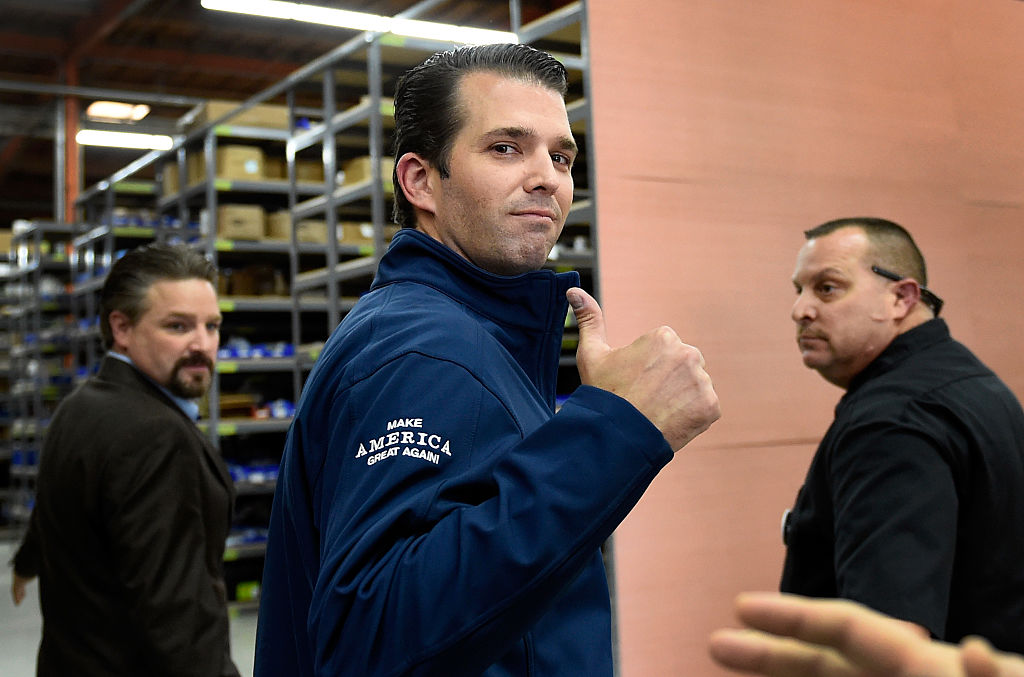
Only 40 percent of Americans think that President Trump's campaign worked with Russia to influence the outcome of the election, a new Washington Post/ABC News poll has found. Although 60 percent of Americans think Russia tried to interfere in the election, up slightly from April following revelations about Donald Trump Jr.'s meeting with a Russian lawyer for incriminating information about Hillary Clinton in June 2016, just 44 percent suspect Russia's meddling benefited Trump.
Of Trump Jr.'s meeting, just a quarter of Americans thought it was "appropriate" for the president's son to meet with the lawyer. On the other hand, 63 percent of voters found the meeting to be "inappropriate," with even independents considering the meeting inappropriate by a 36-point margin. Only Republicans found the meeting more appropriate than inappropriate, although that margin was still relatively slim, just 15 points.
The Washington Post notes that "responses to the question correlate strongly to how people feel Trump is doing as president," adding that "there's a correlation between views of Trump and views of Russian meddling." If you believe Trump is doing a good job as president, that is, you're more likely to believe Russia didn't try to influence the election either.
The Week
Escape your echo chamber. Get the facts behind the news, plus analysis from multiple perspectives.

Sign up for The Week's Free Newsletters
From our morning news briefing to a weekly Good News Newsletter, get the best of The Week delivered directly to your inbox.
From our morning news briefing to a weekly Good News Newsletter, get the best of The Week delivered directly to your inbox.
Additionally, voters don't tend to waver once they've made up their mind about Trump's possible collusion with Russia. "[H]ow you felt about Trump and Russia in April is pretty much how you feel about it now," the Post concludes.
The Post/ABC News poll also saw Trump's approval rating drop to 36 percent from 42 percent in April and found that 48 percent of Americans think the country has become a weaker world leader since Trump was inaugurated. The poll was conducted between July 10-13, reached 1,001 random adults on both cell phones and landlines, and has a margin of error of plus or minus 3.5 percent. Read more about the results here.
A free daily email with the biggest news stories of the day – and the best features from TheWeek.com
Jeva Lange was the executive editor at TheWeek.com. She formerly served as The Week's deputy editor and culture critic. She is also a contributor to Screen Slate, and her writing has appeared in The New York Daily News, The Awl, Vice, and Gothamist, among other publications. Jeva lives in New York City. Follow her on Twitter.
-
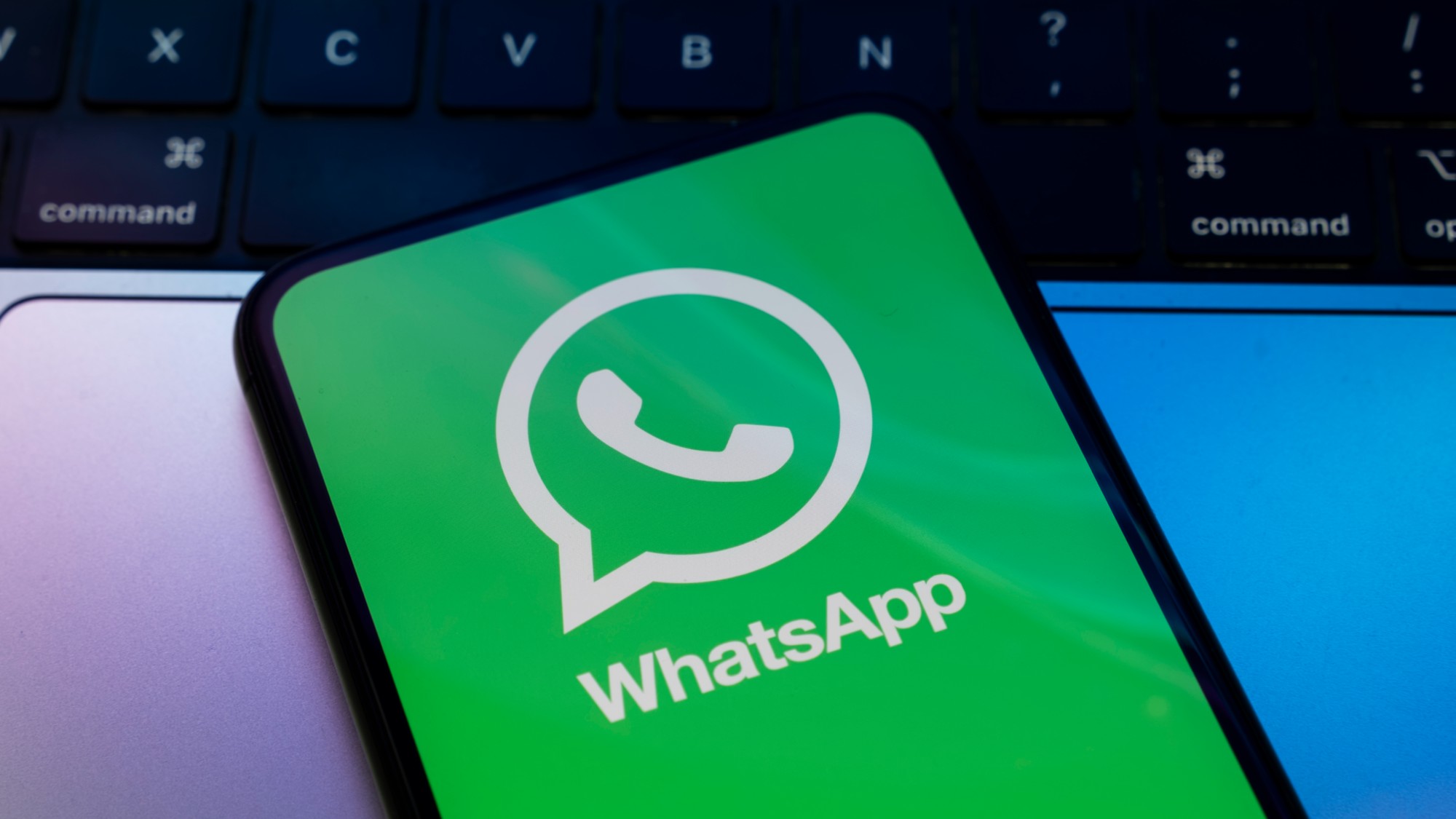 ‘The economics of WhatsApp have been mysterious for years’
‘The economics of WhatsApp have been mysterious for years’Instant Opinion Opinion, comment and editorials of the day
-
 Will Democrats impeach Kristi Noem?
Will Democrats impeach Kristi Noem?Today’s Big Question Centrists, lefty activists also debate abolishing ICE
-
 Is a social media ban for teens the answer?
Is a social media ban for teens the answer?Talking Point Australia is leading the charge in banning social media for people under 16 — but there is lingering doubt as to the efficacy of such laws
-
 The billionaires’ wealth tax: a catastrophe for California?
The billionaires’ wealth tax: a catastrophe for California?Talking Point Peter Thiel and Larry Page preparing to change state residency
-
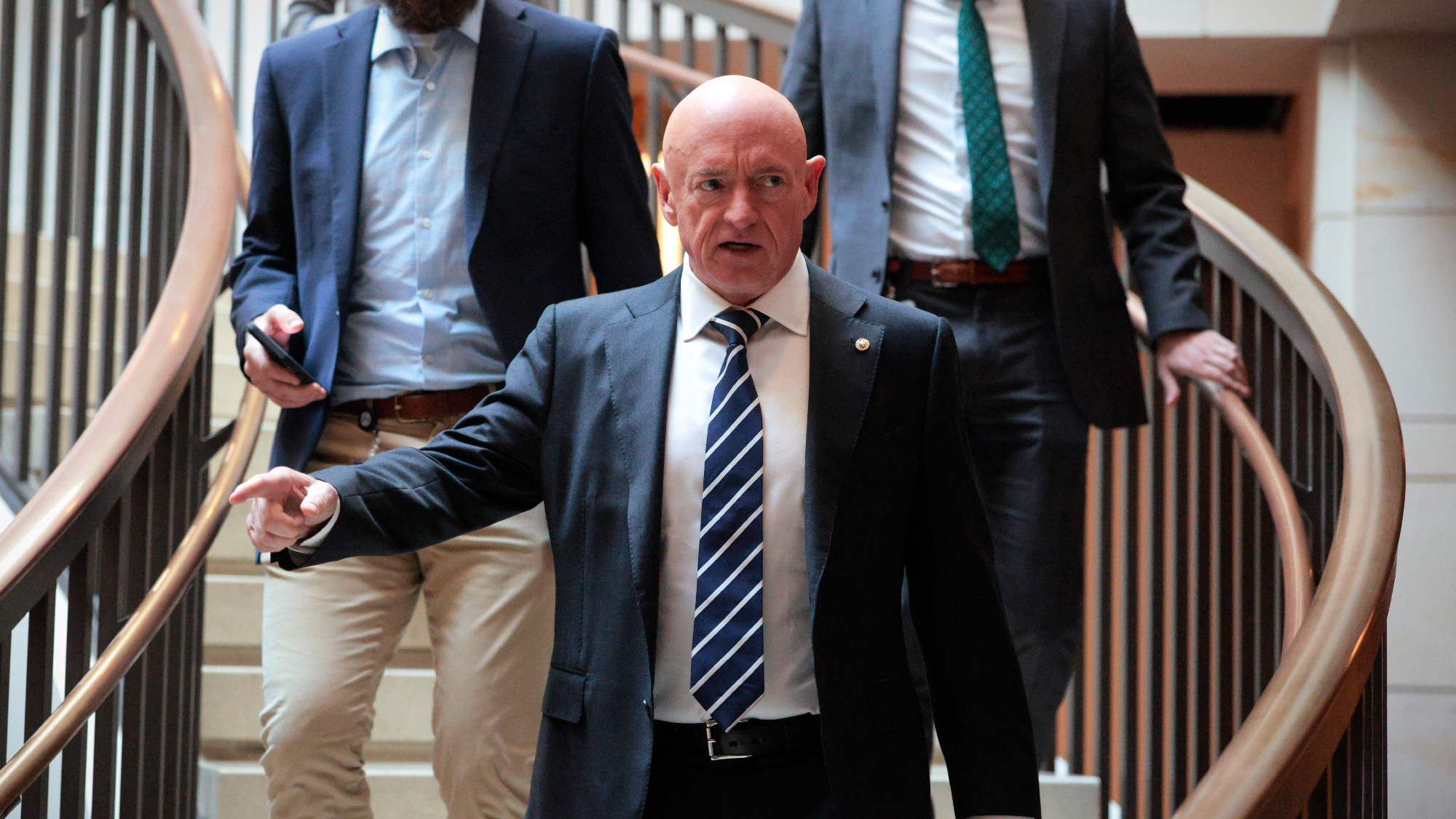 Hegseth moves to demote Sen. Kelly over video
Hegseth moves to demote Sen. Kelly over videospeed read Retired Navy fighter pilot Mark Kelly appeared in a video reminding military service members that they can ‘refuse illegal orders’
-
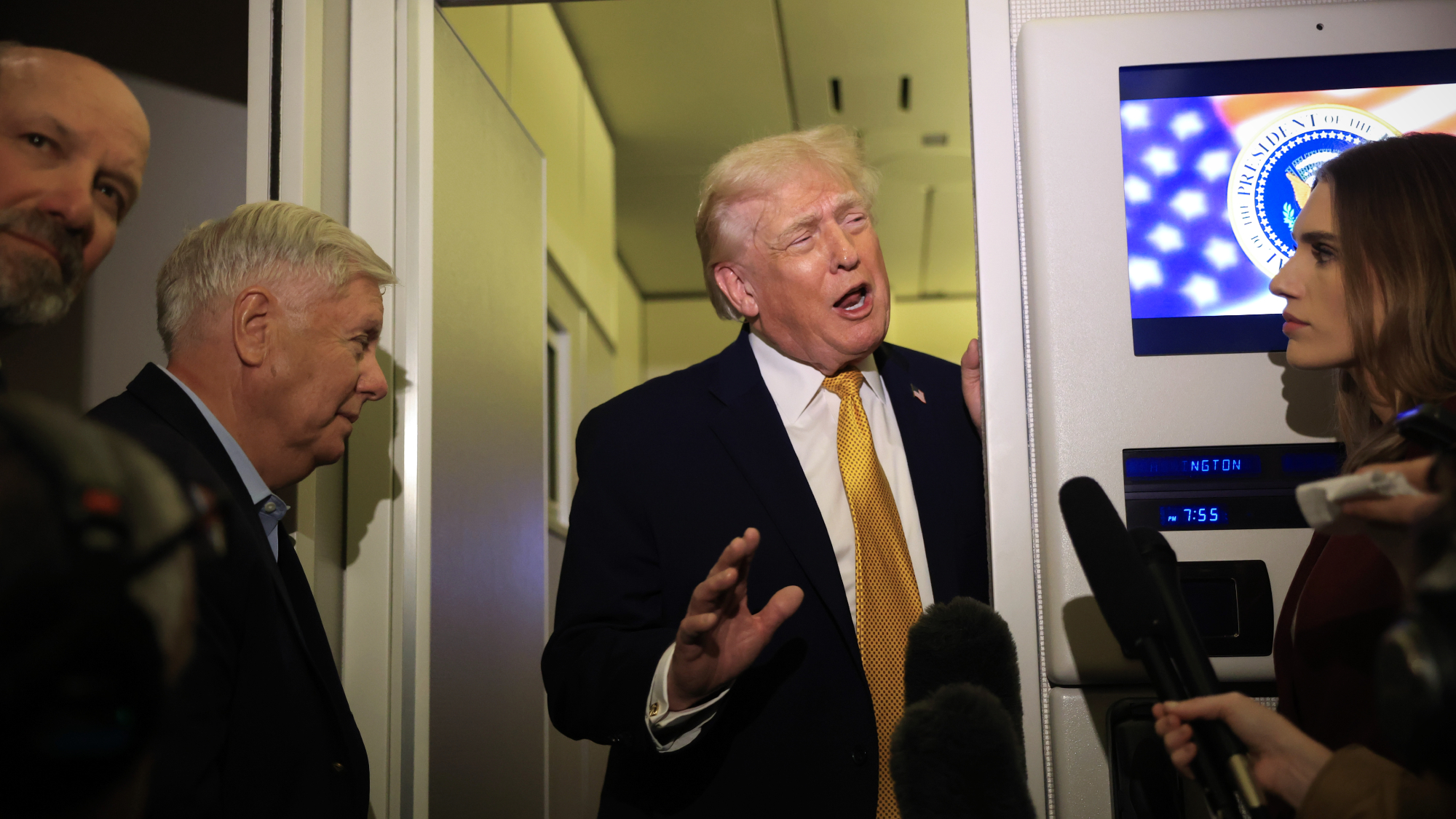 Trump says US ‘in charge’ of Venezuela after Maduro grab
Trump says US ‘in charge’ of Venezuela after Maduro grabSpeed Read The American president claims the US will ‘run’ Venezuela for an unspecified amount of time, contradicting a statement from Secretary of State Marco Rubio
-
 Bari Weiss’ ‘60 Minutes’ scandal is about more than one report
Bari Weiss’ ‘60 Minutes’ scandal is about more than one reportIN THE SPOTLIGHT By blocking an approved segment on a controversial prison holding US deportees in El Salvador, the editor-in-chief of CBS News has become the main story
-
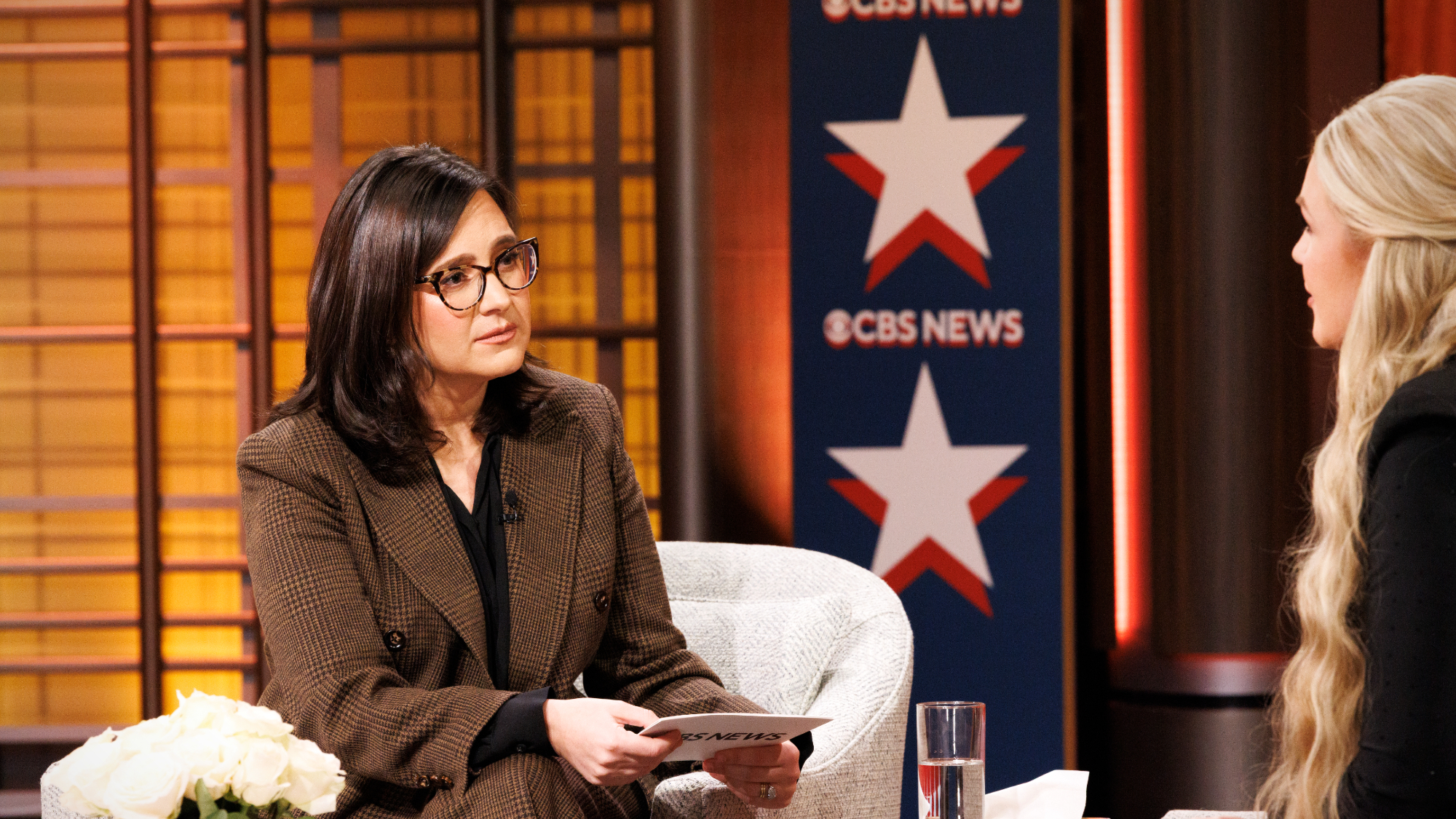 CBS pulls ‘60 Minutes’ report on Trump deportees
CBS pulls ‘60 Minutes’ report on Trump deporteesSpeed Read An investigation into the deportations of Venezuelan migrants to El Salvador’s notorious prison was scrapped
-
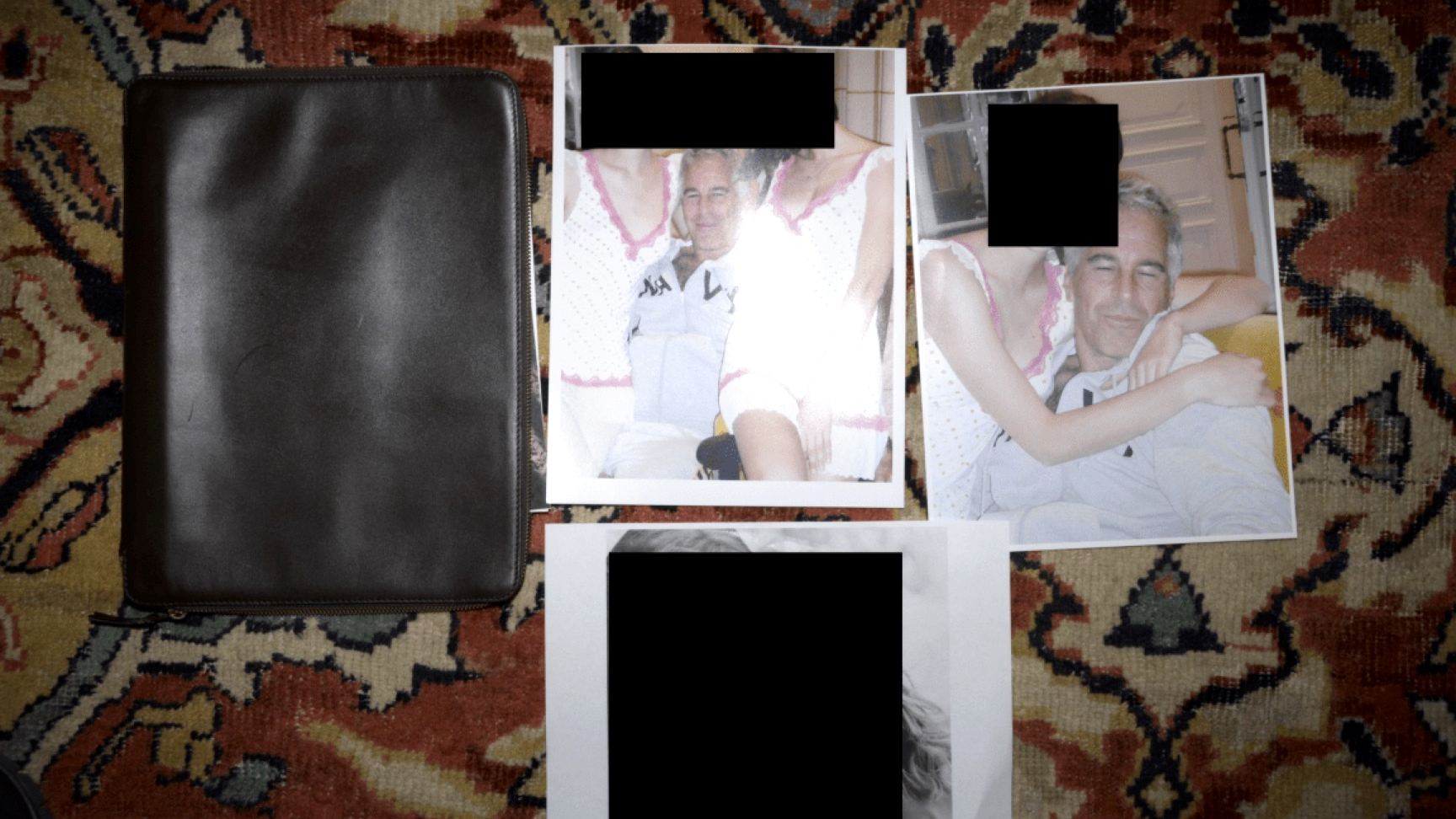 Trump administration posts sliver of Epstein files
Trump administration posts sliver of Epstein filesSpeed Read Many of the Justice Department documents were heavily redacted, though new photos of both Donald Trump and Bill Clinton emerged
-
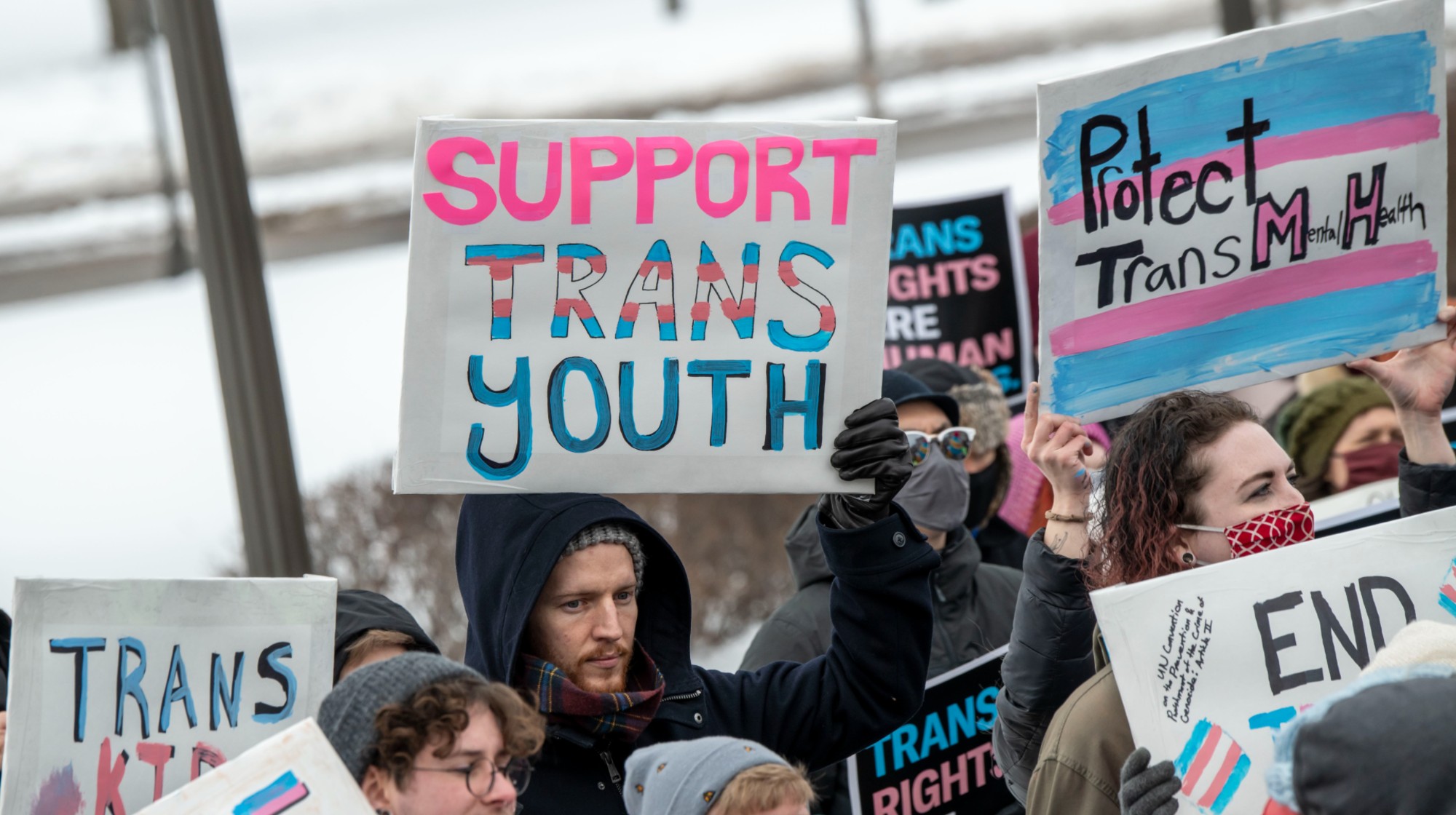 Trump HHS moves to end care for trans youth
Trump HHS moves to end care for trans youthSpeed Read The administration is making sweeping proposals that would eliminate gender-affirming care for Americans under age 18
-
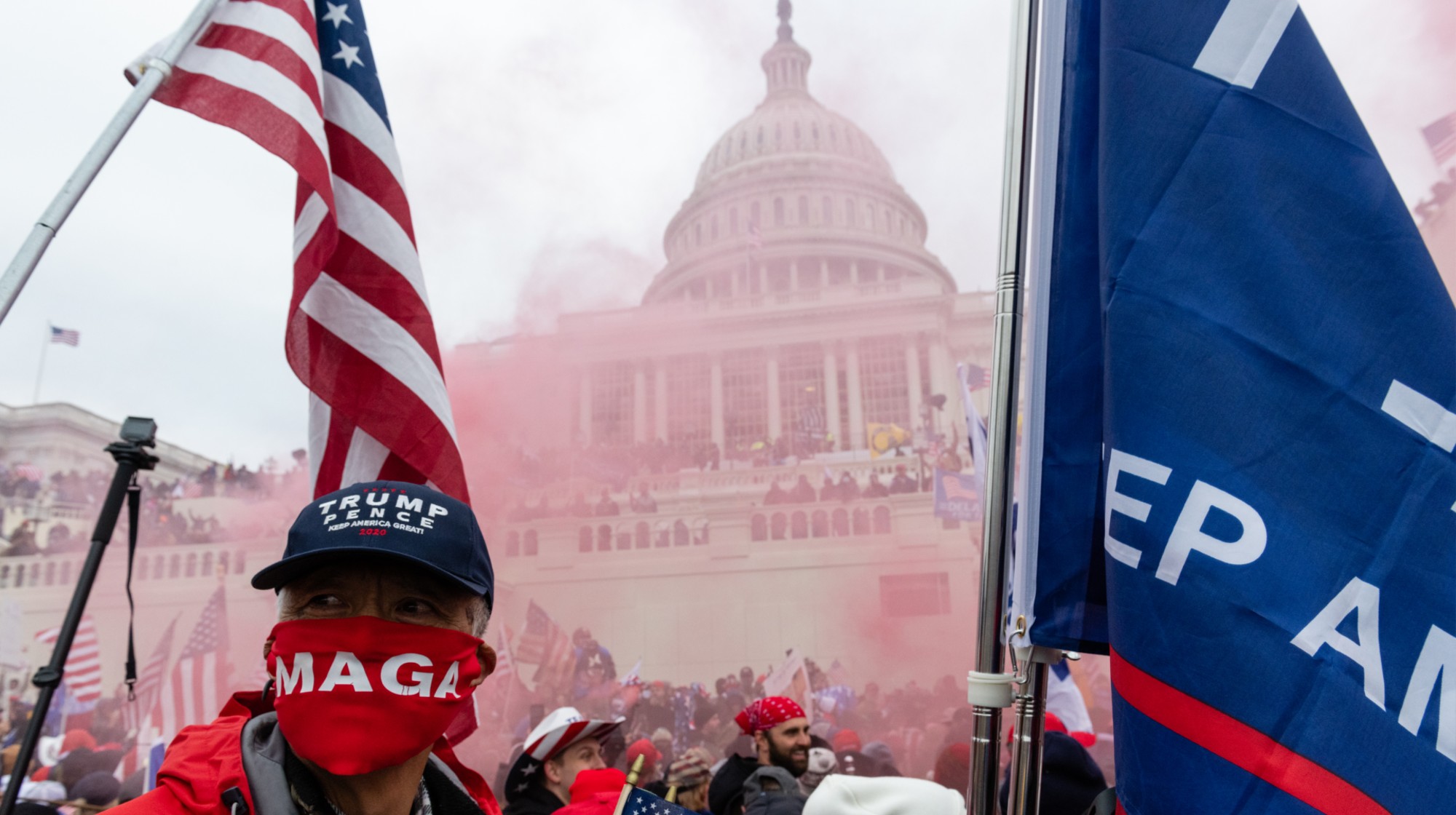 Jack Smith tells House of ‘proof’ of Trump’s crimes
Jack Smith tells House of ‘proof’ of Trump’s crimesSpeed Read President Donald Trump ‘engaged in a criminal scheme to overturn the results of the 2020 presidential election,’ hoarded classified documents and ‘repeatedly tried to obstruct justice’
